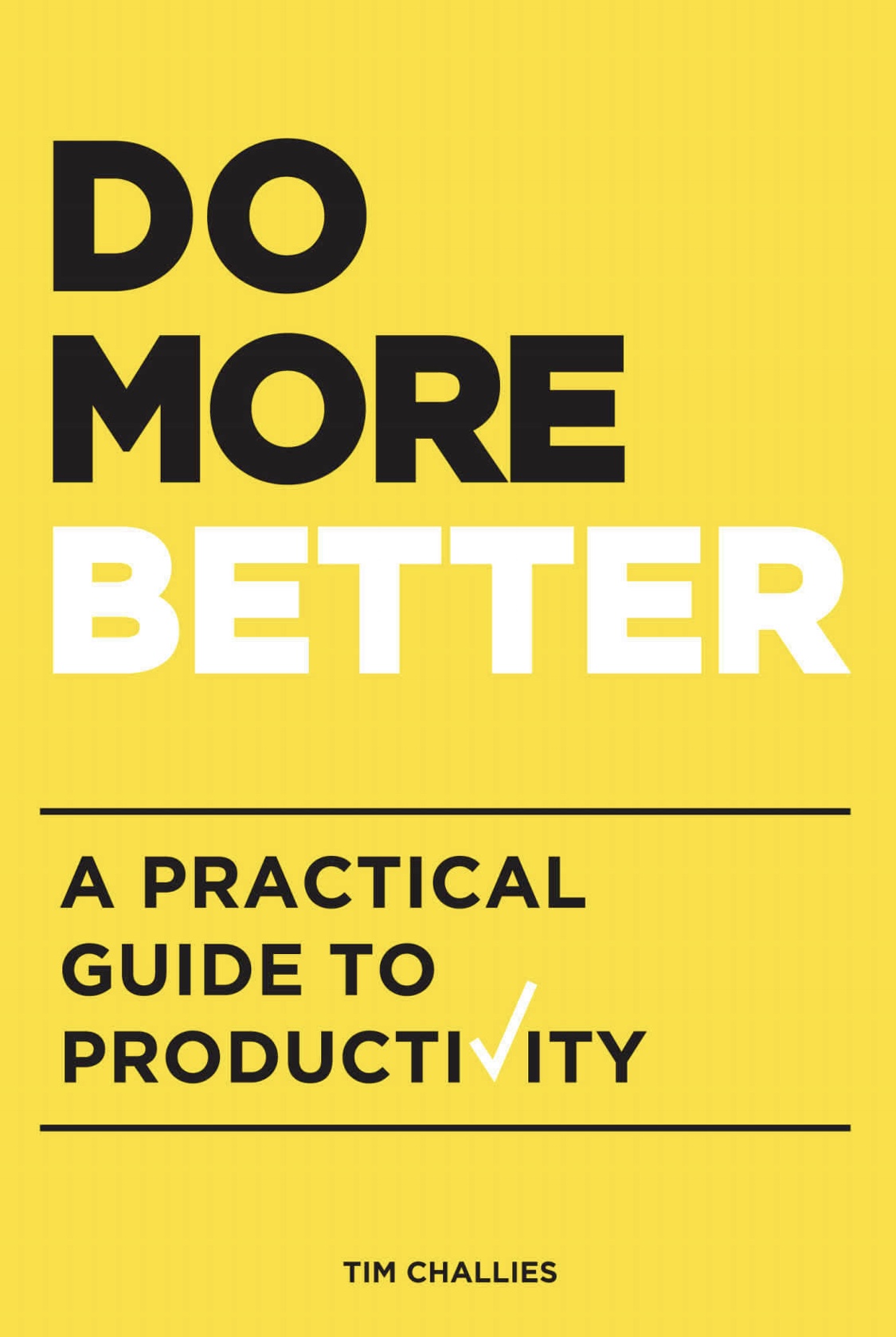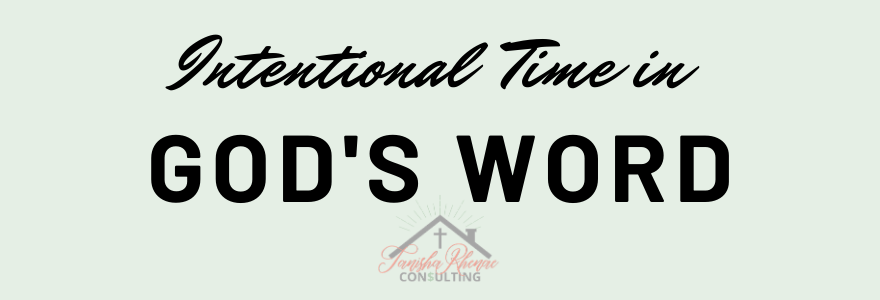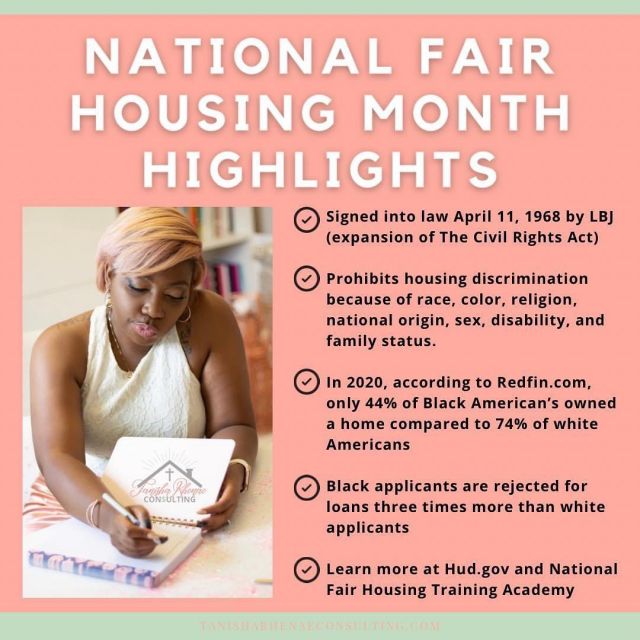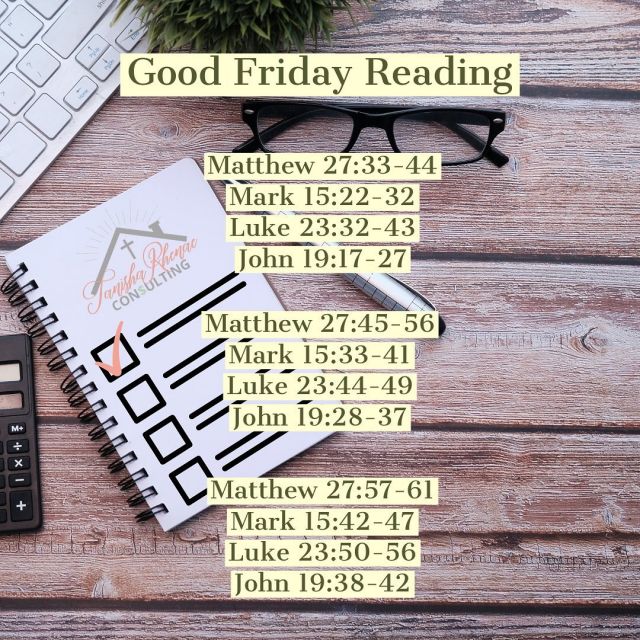 YouTube Channel Name: One Big Happy Life
YouTube Channel Name: One Big Happy Life
Creator(s): Tasha & Joseph
Genre: Lifestyle and Wealth Building
Website: https://onebighappylife.com
Rating: 




One Big Happy Life started as a lifestyle channel but has naturally turned into an amazing financial channel with so much information on wealth building. It could be the budget geek in me, but watching the videos immediately makes me want to jump into my budget and finances. One way this channel differs from others that I have seen is that they actually show their real numbers. You see how much they make, how much their expenses are, and their net worth. Tasha has an amazing story where she started as an 18-year-old single mom in the military, making less than $20,000 to now having multiple six-figure incomes in their household. They were able to do all of this while saving money, paying off debt, taking trips, and starting a business. If you know me, you know that on and off again, we have followed Dave Ramsey since we have been married (I even co-led the Financial Peace University groups at my previous church home). And while I think the program is great, it doesn’t work for everyone or even every season. People tend to lose motivation when they have been paying off debt for so long and have to sacrifice vacations and retirement savings.
Another thing that I like about Tasha and Joseph is, they are doing what works for their family by not being married. They have specific financial goals, and they break down how much money they would be leaving on the table if they got married. It honestly makes so much sense. I know that isn’t the traditional thing to do, but it’s working for them, and it’s their life. It’s something that should be discussed before you take that jump while in a committed relationship. They present a range of topics that are important to be apart of your talks about finances including IVF, Business (growing, maintaining, budget), Combining Finances, Holidays, Food (meal planning, shopping, diets), College/Student Loans, Large Purchases (houses, cars), Job Hunting, Home (DIY, repairs, closets), etc.
I’ve been subscribed to this channel for a while, and as they release video’s, I tend to watch them. But I decided to spend a weekend catching up on videos, and that meant going back to the beginning and just watching the videos that caught my attention. It’s incredible to see what they have accomplished over three years. What started as Tasha’s channel to help funnel some of her creative energy while dealing with a job that she didn’t like turned into this brand and multi six-figure business. They have programs to show you how to launch your own business, build wealth, and creating a life that makes you happy.
My History With Money
With my focus on building healthy goals and habits this year, finances are going to be a significant part of that and is why it is my focus for January. Some background info on me and finances: My entire career revolved around finances and financial institutions. From my first nonpaid job of being a bookkeeper for a family members business in high school, my first paying job in the government to me switching to working in the banking industry for my last ten years of traditional employment. Most of the time that I was in school was going towards some type of degree in business, finance, or financial planning. Then my job turned into more of a project management role, and I fell in love and thought that finance was no longer my calling.
If you have read my 2019 Word of the Year blog post, you will see that when I left home for my sabbatical, I handed over our budget and our bills to my husband. As a control freak that could track down to the penny of our budget, this was major for me but also showed how burnt out I was with everything in life. Even for a while after I returned home, I didn’t pick up that responsibility again. How did I feel about that? I’ve learned how to let go of having to be so tightly wound up and stressed out with our money. But I also missed it. I missed setting financial goals, seeing our debt go down, and our savings go up. And after a conversation with the hubby one week, we realized that this is something that we need to do together specifically as we start talking about generational wealth, our family legacy, and our future goals. What bought this conversation about? We have had some significant issues with some appliances at our house that were unexpected (we built four years ago). It caused us to pause and realize that our situation looks a little different from last year, and we need to adjust for that.
Read more about our finances in this Year of Healthy post.
My Takeaways
Those issues, along with watching the One Big Happy Life channel, made me pull out our original budget spreadsheet and do some updating. Our budget spreadsheet started as an idea from a budgeting group on Facebook I was in years ago. (I wish I remembered the original group or person who shared the budget template because it has been so helpful!) I used that idea and then created our own spreadsheet with sections that made sense for us. We’ve always budgeted monthly, but one thing I wanted to start doing based on the channel was to create a yearly budget for us as well. With it being the beginning of a new decade, I knew this was a perfect time to develop and start working on our 2020 budget. Not only did I create the space for each monthly budget, but I went ahead and completed each month with what we knew was coming. Then I created our yearly budget. I tell you, something is humbling about seeing how much you are paying one entity for the whole 12 months. It’s one thing to see your cell phone at $200 a month, but another thing to know that you are paying $2,400 for that little thing in your pocket.
I spent about two weeks tweaking our personal spreadsheet, updating what worked, and didn’t work for us. Adding trackers to help keep track of our spending, our payments, and our balances. I sat down with my husband to show him the changes, and we have frequently been having conversations to make sure we are doing this together and on the same page. Each month, as we smooth out our process, I can make changes to improve it for our situation. For example, I realized we had a lot of subscriptions, so one month, I created a subscription section on our budget. The most important thing this did was help me breathe more comfortably when it comes to some of the issues we have had at the house lately. My process improvement background thankful allows me to think of how can I fix this usually, and how do I prevent this from happening again. This means not taking for granted that we had a brand new house and adding a line item to our budget to cover home repairs yearly. Keep an eye out for future posts where I share our update spreadsheet with you!






 Title:
Title: 
























